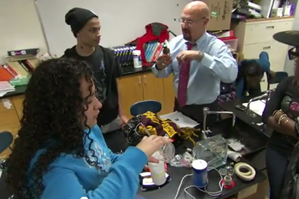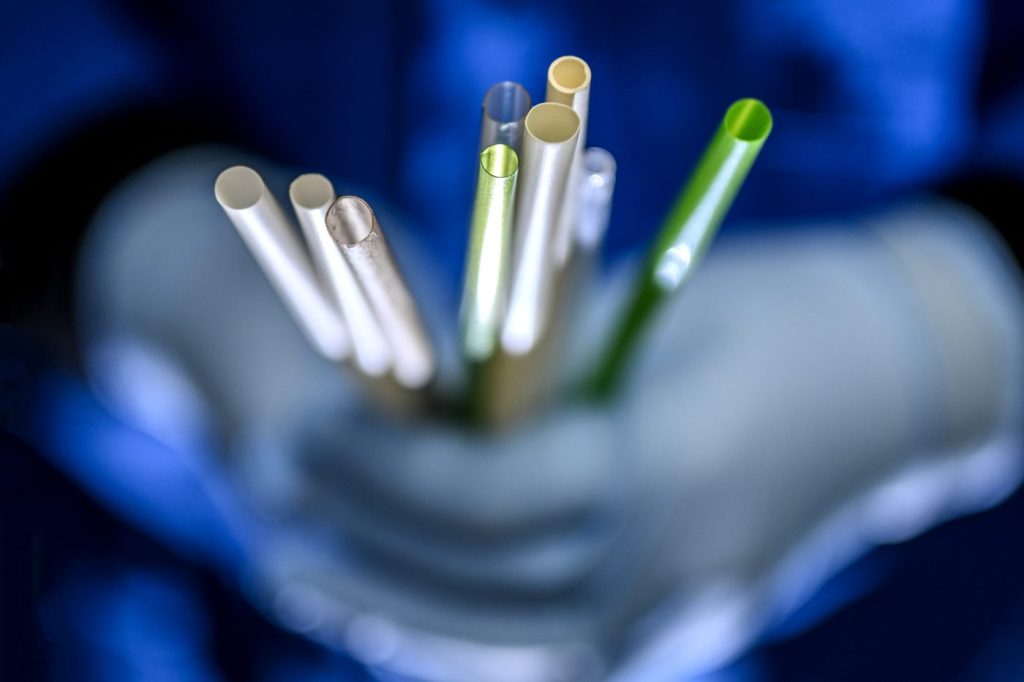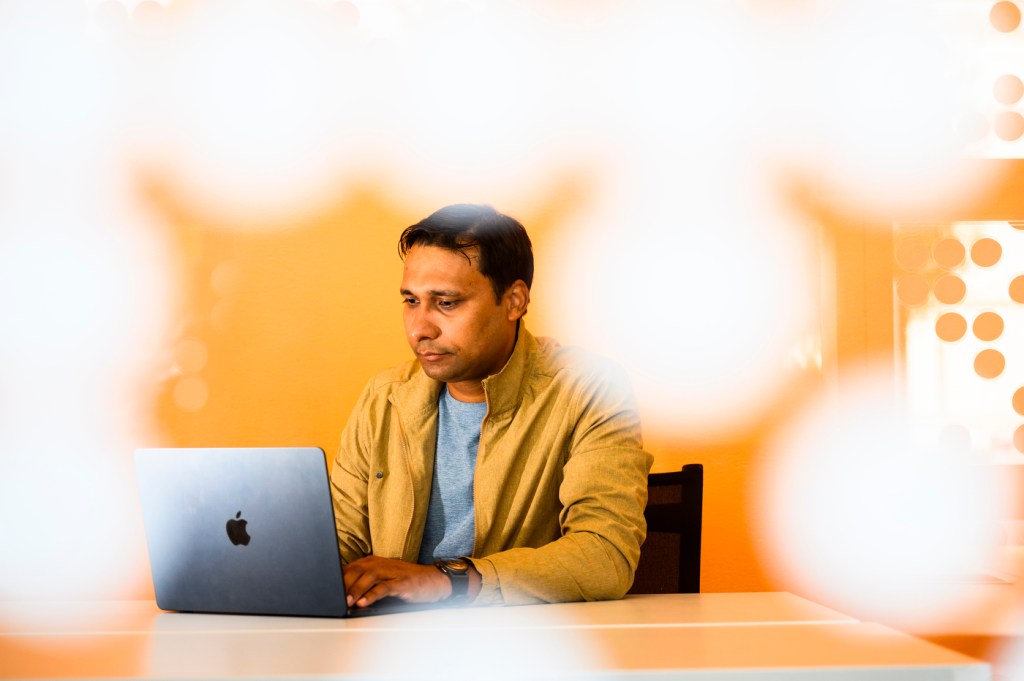Capstones in high school

O n Monday, 33 STEM high school teachers from around New England converged on Northestern’s campus for the third annual CAPSULE workshop. Under the direction of principal investigator Ibrahim Zeid, mechanical engineering professor, and co-PI Claire Duggan, director of programs and partnerships at the Center for STEM education, the NSF funded CAPSULE program, or CAPStone Unique Learning Experience, brings the cornerstone of Northeastern’s engineering education — capstone projects — into high school classrooms around Massachusetts. STEM teachers at secondary schools around the state come to campus for two weeks to first participate in their own mini-capstones and then develop lesson plans for establishing a capstone project in their curricula.
n Monday, 33 STEM high school teachers from around New England converged on Northestern’s campus for the third annual CAPSULE workshop. Under the direction of principal investigator Ibrahim Zeid, mechanical engineering professor, and co-PI Claire Duggan, director of programs and partnerships at the Center for STEM education, the NSF funded CAPSULE program, or CAPStone Unique Learning Experience, brings the cornerstone of Northeastern’s engineering education — capstone projects — into high school classrooms around Massachusetts. STEM teachers at secondary schools around the state come to campus for two weeks to first participate in their own mini-capstones and then develop lesson plans for establishing a capstone project in their curricula.
Capstones are common lingo on this campus, but in case you’re not familiar, they are projects that culminate a student’s STEM experience in which they apply the concepts they’ve learned to solve an open-ended, preferably real-life, problem.
The video below, by Emmy-winning producer Lawrence Klein, highlights the Capsule program and all that it can do for our nation’s youth, which lags far behind our international counterparts in math, science and engineering skills. It’s a long video, but if you’re interested in this sort of thing, it’s well worth your time.
Something I learned from watching it was that one quarter of Boston Academy of Arts students go on to study science and engineering in their higher education careers. The headmaster of the school, Linda Nathan explains the seemingly anomalous statistic thus: “The arts is about mucking around. The arts is about playing, taking risks. That’s what science is.”
I couldn’t agree more, Ms. Nathan!
Another person in the video, science teacher Anthony Iarrapino from Lowell High School, says that our k-12 science courses need to get youth excited about the possibilities of STEM fields. “Unless you get them excited, I don’t think you have a high probability of getting them into the higher level of learning that you want them to get into. You also can’t leave them just excited. You have to get them excited and then you have to stretch them.”
CAPSULE is about engaging teachers and showing them ways to get students excited. Duggan emphasizes the fact that this doesn’t always have to be a high budget task, either. There are plenty of engineering projects that can happen with nothing but a roll of tape, a cardboard box and an old CD, for example.





